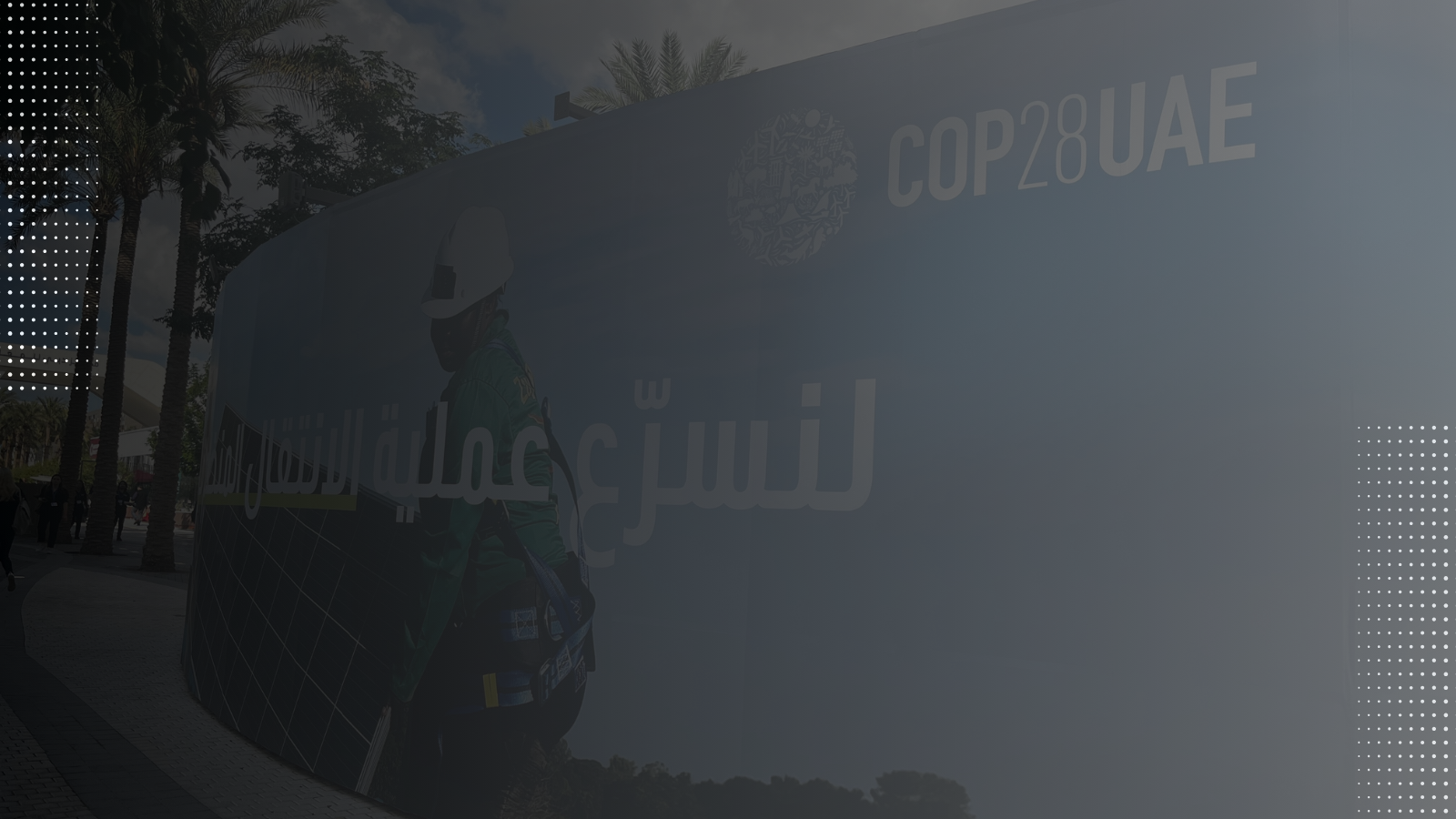Friday felt like a day when the tables turned at UN climate talks, a day when developing country and emerging economy leaders dominated. Indian PM Modi bid to host COP33 in 2028. Lula launched his OPEC for forests plan. The UAE landed a new $30bn climate fund. The UK, US and EU, relatively speaking, offered peanuts.
If two themes stood out from the opening batch of world leader speeches, it’s a need for access to cash and broad support for tripling clean energy by 2030. Struggling to hit $100bn is unacceptable “whilst military expenses this year reach $2.2 trillion,” said Lula. Kenya’s Ruto and King Hussein of Jordan were among those to make direct calls for inward investment.
So after two days the COP28 crew is chipper. A loss & damage deal, agenda fight dodged, high level diplomatic schmoozing and declarations landing like confetti. These include the Emirates Food Declaration, signed yesterday by 134 countries. It covers 75% of emissions from the so-called ‘food systems’ countries say they’ll build into their climate plans. Not to be outdone, 150+ businesses, cities and farmers signed onto a non-government declaration calling for a phaseout of fossil fuels from agriculture.
COP by numbers$598m: Loss & damage pledges made at COP28 so far (still $300m less than Man City’s value) $14bn: On adaptation under the African Adaptation Accelerator underpinned by the African Development Bank $15.5bn: Vietnam has presented its JET-P Resource Mobilisation Plan (includes gas) $16bn: The net income of the global oil and gas industry since COP began. France, Kenya, Barbados, Antigua and Barbuda, and Spain are considering how this could be used for clean investments. |
So far so good, bar a couple of conspicuous exits. Ex Marshall Islands president and COP28 advisory committee member Hilda Heine resigned following the BBC revelations on the UAE allegedly using climate talks to land oil & gas deals in 2023. Meanwhile tensions over Israel and the Gaza conflict spilled into COP28 on Friday, with the Iranian delegation leaving due to the arrival of Israel President Herzog. There was also mild embarrassment for host UAE after its climate action plans were downgraded to ‘critically insufficient’.
Global Stocktake
The second half of this COP will be far harder. We start with the much-touted pledge to triple clean energy by 2030, set to be backed by well over 100 countries. Big hitters mooted to sign include the US, UK, India, China, Korea, Vietnam, Kenya and the EU. On Friday, Al-Jaber and IEA boss Birol published a statement, backed by 40+ countries and big CEOs they said, arguing there was consensus around a goal to hit 11,000 GW (current capacity is 3.4 GW) and double annual energy efficiency improvements by 2030.
Then comes the big one – the Global Stocktake (GST). The headline will be a plan to phase out fossil fuels and land the tripling-clean-energy target in a UN text with a clear accountability mechanism, and national climate plans that cover all sectors and gases.
The first draft GST text dropped on Friday. It’s early days, but behind the scenes wagons are being circled and trenches dug. Here is a flavour of current negotiating positions:
– China: Opposes specific, sectoral targets (energy) and wants Carbon Border Adjustment Mechanism (CBAM) issues addressed
– Saudi Arabia: Opposes fossil fuel and energy references, questions the IPCC’s veracity and backs CCS
– AILAC (LatAm): Pushing hard for a fossil fuel phaseout
– US: Pushing wider donor base hard with a nuanced position on fossil fuels (pro CCS)
– EU: Wants phaseout of unabated fossil fuels, tripling of clean energy, limited use of CCS and sectoral action in NDCs
– Small Islands (AOSIS): Backing IPCC recommendations and wants more cash and a fossil fuel phaseout
– Africa Group: Making the case for a fair and equitable energy transition and wants access to finance and CBAM concerns addressed
– Brazil: Pushing for wealthier countries to lead on GHG cuts and cash.
The Carbon Border Adjustment Measures (CBAM), particularly on countries struggling with massive debt burdens, is likely to prove contentious. For the EU, UK and US it’s a key policy measure designed to protect domestic industries and drive change. But as the Nairobi Declaration on climate in September made clear, many African nations feel it will stop them competing on ‘fair and equitable terms’. It’s a sore China, India and Brazil will exploit.





